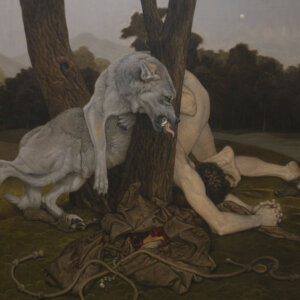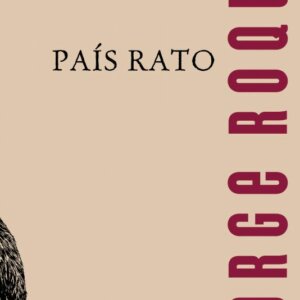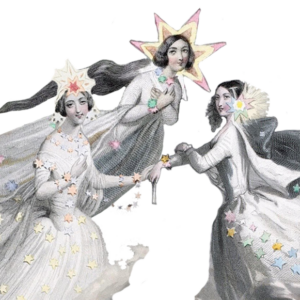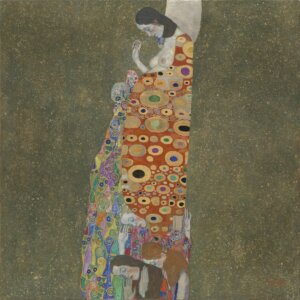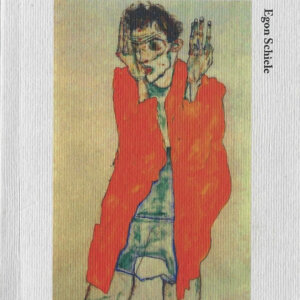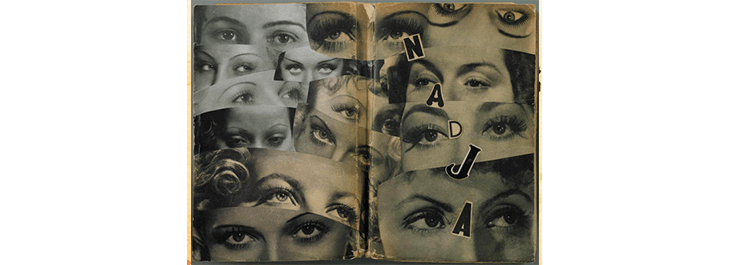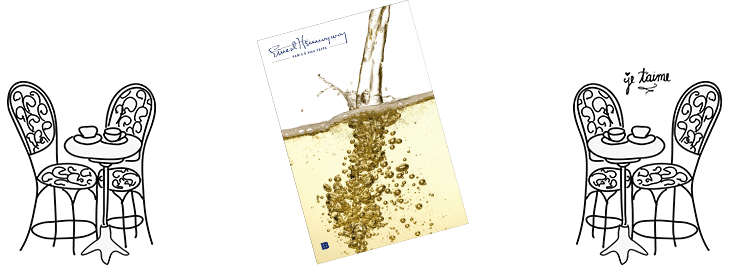Henry Miller writes a fictional autobiography of his early years in Paris. He lives on the good will of others, as he writes disturbing literature. Sexuality, rage and insightful observations mix in with his daily routines. For a time, he works as a newspaper proofreader, a position that he finds comfortable, because he does not need to be concerned with the stories themselves. Constantly looking for someone to care for him or some means of survival, Henry takes up with an arrangement in a suburb of Paris but feels too hemmed in and returns to the city. At another time he leaves Paris to teach English in Dijon, a very distressful period for Henry. He feels as if he is in a penitentiary, and at his first opportunity, he returns again to Paris.
Paris makes Henry feel free, even when he must beg for his meals. Security is not his concern as much as getting just enough food and shelter to keep on writing. He receives this and more from his friends, including rich French food, plenty of alcoholic drinks and women. He lives a life that is impossible to find in his native New York City or any part of America, possibly no other place than Paris. While in Paris his writing takes on many qualities, some introspective, some global, some existential, some a mixed bag of impressions. While away from Paris his writing becomes near manic-depressive. He cannot let Paris go, nor will Paris let him leave until he accomplishes something.
What Henry accomplishes is a feeling of contentment that leads him into a greater understanding of Paris, America, the world and his relationship to the world. Henry finds the real freedom that can come with money, along with a sense of completion, an internalizing of qualities that he has read about in great literature and experienced firsthand. As Henry grows into a flowing being, his first book is finished.
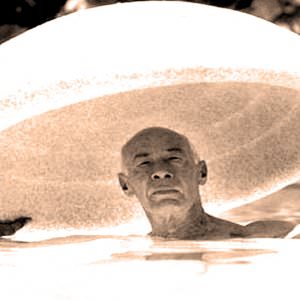 Henry Miller (1891-1980) is one of the most important American writers of the 20th century.His best-known novels include Tropic of Cancer (1934), Tropic of Capricorn (1939), and the Rosy Crucifixion trilogy (Sexus, 1949, Plexus, 1953, and Nexus, 1959), all published in France and banned in the US and the UK until 1964. He is widely recognised as an irreverent, risk-taking writer who redefined the novel and made the link between the European avant-garde and the American Beat generation.
Henry Miller (1891-1980) is one of the most important American writers of the 20th century.His best-known novels include Tropic of Cancer (1934), Tropic of Capricorn (1939), and the Rosy Crucifixion trilogy (Sexus, 1949, Plexus, 1953, and Nexus, 1959), all published in France and banned in the US and the UK until 1964. He is widely recognised as an irreverent, risk-taking writer who redefined the novel and made the link between the European avant-garde and the American Beat generation.

